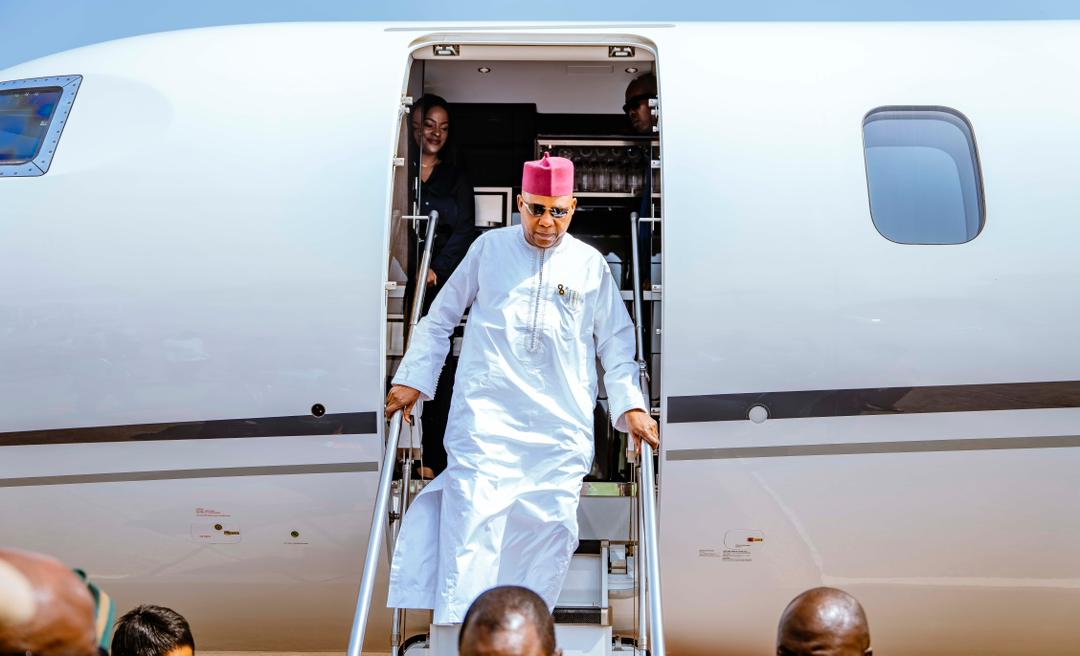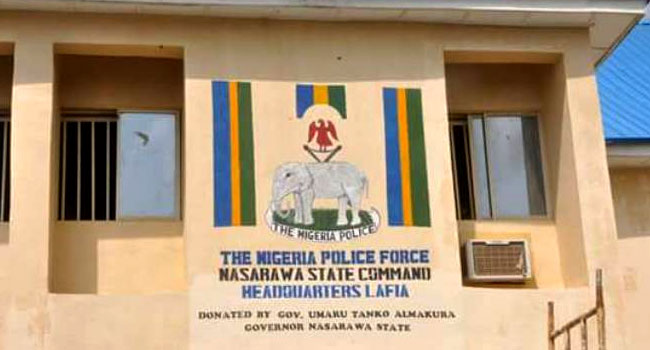The Federal Government confirmed yesterday that 500 Compressed Natural Gas (CNG) stations will be built across the federation from the Midstream and Downstream Gas Infrastructure Fund (MDGIF), which was legislated four years ago through the Petroleum Industry Act (PIA).
While the Presidential Compressed Natural Gas Initiative (PCNGI) office stated that about one million vehicles running on CNG would be on the roads in Nigeria by 2027, the available infrastructure does not match the conversion rates, leaving most motorists to rely more on the costly Premium Motor Spirit (PMS).
The MDGIF, in a statement yesterday, announced plans to deploy 500 CNG refuelling stations across the country over the next three years. The initiative, undertaken in partnership with Chinese manufacturer Endurance Group and other investment partners, is to radically expand access to alternative fuel infrastructure and ease mounting pressure on existing CNG outlets.
Speaking after a stakeholder meeting in Abuja, Executive Director of MDGIF, Oluwole Adama, confirmed that discussions had been concluded on establishing a government-backed Special Purpose Vehicle (SPV) to drive the rollout.
The SPV will be jointly promoted by MDGIF, the Bank of Industry (BOI), Endurance Group and Séquor Investment Partners.
According to Adama, the collaboration marks a major step in addressing the country’s infrastructure deficit across the CNG value chain.
“The partnership underscores the commitment of all parties to advance Nigeria’s transition to cleaner fuels by closing gaps that have slowed the adoption of CNG nationwide,” he said.
Under the arrangement, a new entity, Compressed Natural Gas Auto Mobility Infrastructure Company (CAM InfraCo) will be established to oversee the deployment of 500 integrated CNG stations.
The company will also develop Liquefied-to-Compressed Natural Gas (LCNG) supply infrastructure and provide CNG and LNG transportation trucks equipped with truck-mounted cascades, forming a virtual pipeline system to serve all states.
Adama noted that expanding the number of filling stations will eliminate the long queues currently seen at CNG outlets, which have struggled to meet rising demand since the government intensified efforts to encourage the use of gas as a transport fuel.
Senior Special Adviser to the President on Special Duties and Domestic Affairs, Oluwatoyin Subair, who noted that the initiative also aligns closely with the Federal Government’s broader economic and energy reforms, said the project supports President Bola Tinubu’s energy security goals by deepening the use of auto CNG, and reducing reliance on petrol (PMS) and diesel (AGO), particularly in the transportation sector.
Subair emphasised that the administration sees cleaner and more affordable fuels as central to long-term economic stability, especially as households and businesses continue to adjust to the post-subsidy regime.
The expansion of CNG infrastructure, he said, will also create new employment opportunities across the domestic gas value chain, from equipment leasing to station operations and logistics.
Endurance Group’s Chief Executive Officer, Eric Lin, described the SPV as a platform for building a nationwide CNG refuelling, maintenance and logistics ecosystem.
He explained that CAM InfraCo would lease CNG-related equipment to certified operators while maintaining a reliable supply network through a world-class virtual pipeline system.
The emphasis on leasing and logistics, Lin added, is intended to support the creation of a commercially viable CNG market that can scale sustainably.
In addition, the Chief Executive of NMDPRA, Farouk Ahmed, said MDGIF had leveraged its memorandum of understanding with Afreximbank to unlock a further $500 million in gas infrastructure investments aimed at expanding energy access and supporting industrial growth.






